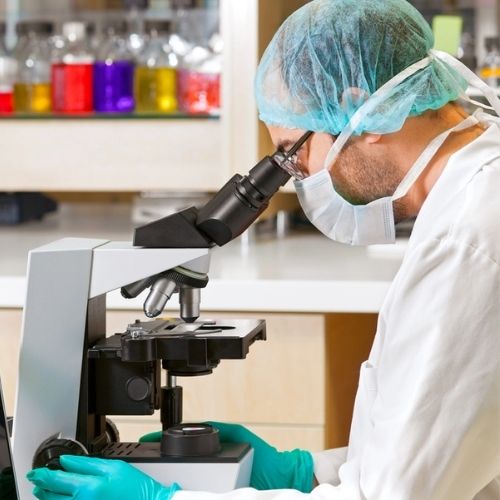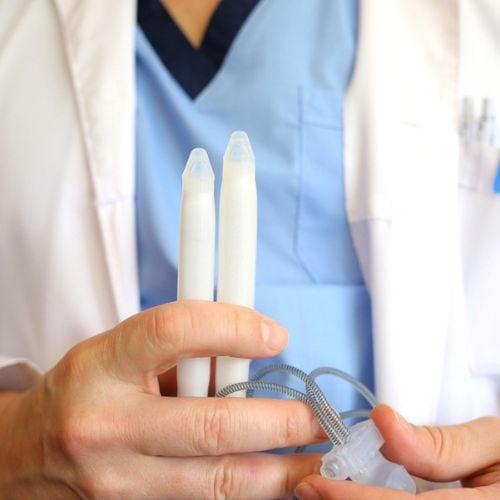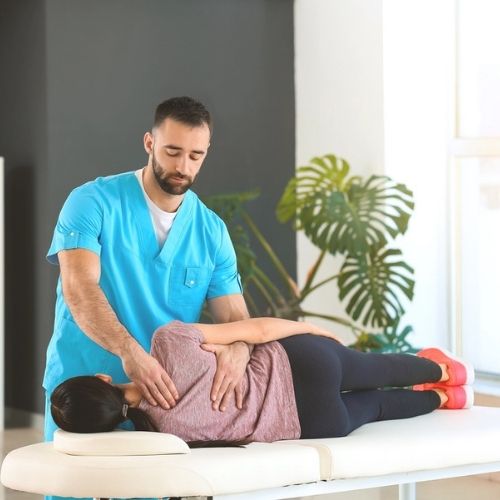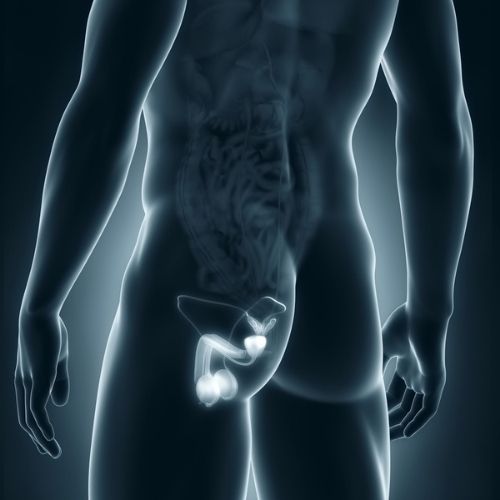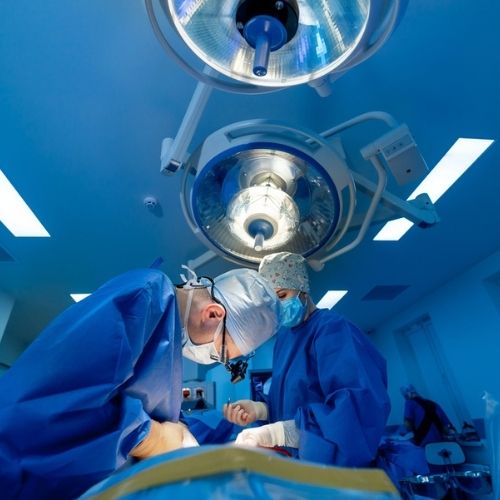DHEA (dehydroepiandrosterone) and its sulfated form, DHEA-S (dehydroepiandrosterone sulfate), are hormones primarily produced by the adrenal glands, with smaller quantities also made in the testes.
Both serve as precursors to sex hormones like testosterone and estrogen and play roles in various physiological processes, including sexual function.

What impact does DHEA have on male sexual function and erectile dysfunction?
Low levels of DHEA/DHEA-S are associated with sexual dysfunction in men, including reduced libido (sex drive) and erectile dysfunction (ED).
Multiple studies, including large-scale population research such as the Massachusetts Male Aging Study, have found that DHEA-S is the only hormone among many tested that shows a significant inverse correlation with the prevalence of ED, meaning lower DHEA-S levels are associated with a higher risk of ED.
Men with ED tend to have significantly lower DHEA-S levels compared to healthy controls.
Supplementation with DHEA has been shown in some studies to improve erectile function and increase scores on the International Index of Erectile Function (IIEF), suggesting potential benefits for men with low DHEA/DHEA-S and ED.
What is DHEA?
Dehydroepiandrosterone, also known as DHEA, is a hormone produced by your body’s adrenal glands. We are still learning about the functions of DHEA, but we know it is a precursor to the male and female sex hormones, primarily testosterone and estrogen.
DHEA production peaks in your mid-20s and gradually declines with age. Over the next 40 to 60 years of your life, DHEA levels may drop to less than 20 percent of their peak value. Low levels are linked to several conditions, such as depression and sexual dysfunction.
What are the benefits of DHEA?
Besides the possible positive effect on male sexual function, DHEA benefits also include:
- Strengthening the immune system
- Slowing natural aging
- Increased energy
- Improving mood and memory
- Building up bone and muscle strength
How can you take DHEA?
You can take DHEA in various forms, including oral tablets or topical creams.
How might DHEA help with erectile function?
Some evidence suggests that dehydroepiandrosterone (DHEA) increases libido and may help treat erectile dysfunction in men. Research indicates that taking high doses can improve erectile dysfunction by stimulating blood vessels to open wider, enhancing blood flow.
A randomized controlled trial examining the role of DHEA in erectile function found that DHEA treatment was associated with higher average scores across all five domains of the International Index of Erectile Function (IIEF), a questionnaire used to evaluate the effectiveness of erectile dysfunction therapies.
Although studies suggest that DHEA helps improve erectile function, the evidence is not robust, so the consensus remains uncertain. Further research is needed to establish a connection between DHEA and enhanced erectile function.
In Tower Urology’s extensive experience in men’s sexual health, the results with our patient population have been very positive.
Can DHEA increase your testosterone levels?
Currently, there is limited scientific evidence to support DHEA supplementation for increasing testosterone levels. Several smaller studies have indicated that DHEA may help stimulate testosterone production and provide a range of benefits.
A published study examined eight middle-aged men who took a DHEA supplement the night before starting a high-intensity interval training program. The results indicated that using DHEA supplements appeared to increase testosterone levels and prevent their decline during exercise.
What are the side effects of DHEA?
The long-term safety of DHEA has not been well established. However, some side effects associated with DHEA include:
- Acne
- Mania
- Oily skin
- Heart palpitations
- Reduced HDL cholesterol
- Male-pattern hair growth in women
What is DHEA-S?
Dehydroepiandrosterone sulfate, commonly referred to as DHEA-S, is a hormone predominantly produced in the adrenal glands. Once created, DHEA-S is converted into testosterone and other sex hormones. Reduced DHEA-S levels are associated with conditions such as Alzheimer’s disease, heart disease, depression, diabetes, inflammation, immune disorders, and osteoporosis.
There is reasonable evidence suggesting that increasing DHEA-S levels may help treat depression, obesity, and osteoporosis. Some studies show that individuals with higher DHEA-S levels tend to live longer; however, this conclusion remains unproven.
How is a DHEA-S Measured?
Measuring DHEA-S requires a simple blood test. Fasting is not necessary, and the time of day it is drawn does not matter.
How is low DHEA-S treated?
Once you and your Tower physician decide that DHEA-S supplementation is appropriate, you should take DHEA-S as a daily pill. The initial dosage is typically 25 mg daily. As with all supplements, it must come from a reputable and trusted supplement company that continually tests its products for purity.
Have questions or concerns about your sexual health? Tower Urology is here for you in Los Angeles.
Board-certified, fellowship-trained urologists staff Tower Men’s Health. We will connect you with one of our many experienced physicians who can help address any concerns you may have and support you on your journey toward improved quality of life. Feel free to reach out to the physicians at Tower Men’s Health at (310) 854-9898.





































































